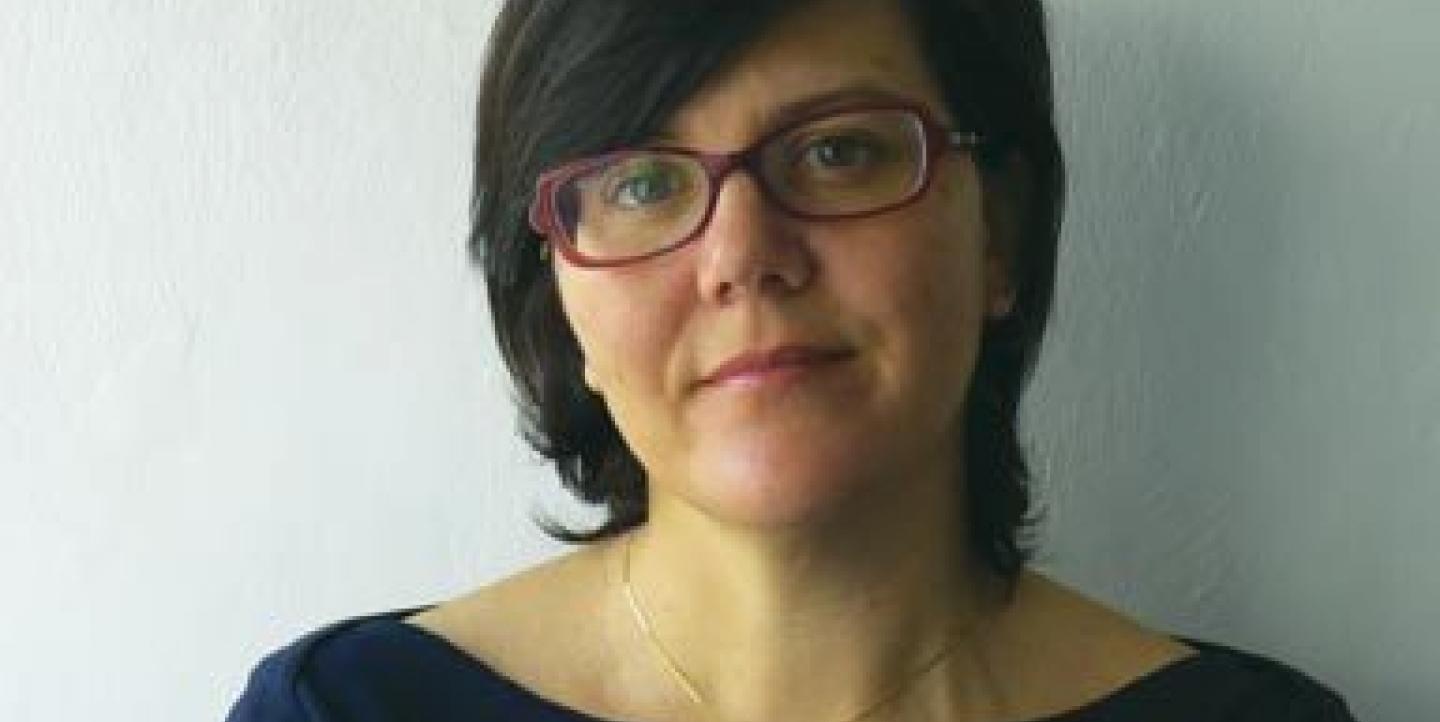Social media are playing a major role in the spread of information in the Arab world, so training journalists in the region is more important than ever.
Years before the Arab revolutions, American journalist Jessica Dheere recognized that social media should be a priority for journalists. Shortly after moving to Lebanon for a reporting assignment, Dheere settled in Beirut and established the training organization Social Media Exchange (SMEX) with her husband Mohamed Najem.
Since 2007, the organization has trained journalists and civic society organizations in how to use social media effectively. One recent project, dubbed “Shou Osstik?” (What’s Your Story?), taught Lebanese women around the country how to make their voices heard through social media.
Dheere talked with IJNet about user engagement, the importance of verifying before sharing information and innovative social media projects in the Middle East and North Africa.
IJNet: What kind of tips would you give to social media managers in the Arab world?
Jessica Dheere:
-
Make an honest attempt to verify everything, even if it comes from reliable sources. Don’t let an Internet search or a Wikipedia edit compromise your credibility. In a similar vein, don’t retweet links you haven’t read yourself. When we forward bad information without giving it due consideration, we’re as responsible for the role that information plays as the source that got it wrong in the first place.
-
Practice listening. Online, listening means subscribing to and following the loud voices as well as the softer ones to gain insight into multiple viewpoints, even if you don’t agree with them. It means brainstorming the keywords that relate to the issues you cover and setting up news alerts and creating a routine to check them every day. And it means hearing what your readers have to say about your work and acknowledging their contributions.
- Use social media to strengthen your organization’s brand. Your social media accounts should support your newspaper or your TV programming, not compete with them. Use social media to publish links to stories and drive traffic to your website, but make sure that you’re also providing opportunities for interaction and rich media that aren’t available in print or broadcast. Each channel in your publishing strategy--Twitter, YouTube, Facebook Page, live blog, etc.--should have a specific function that aligns with your outlet’s overall content and engagement goals.
IJNet: Do you think certain media outlets in the Arab world are using social media better than others?
Dheere: In general, Arab media outlets are getting better at using social media, but it’s happening slowly, and it’s hard to break the broadcast mindset. Not surprisingly, Al Jazeera is a clear model, on both the Arabic and English channels. The network has had a new media department for several years and doesn’t limit its innovation to simply engaging on Twitter and Facebook but has also experimented with other social applications like Creative Commons licensing, crowdsourcing and mobile reporting tools, as well as creating programs like The Stream, devoted to capturing viewpoints specifically from social media.
IJNet: How do you assess the innovation in the Arab world when it comes to the use of technology and journalism?
Dheere: I think there’s a lot of potential for innovation, and I think some of it is being realized now by news upstarts like Naharnet.com (no relation to An Nahar, the Lebanese newspaper), which is using technology in interesting ways to publish a more automated and ostensibly more objective news for the Lebanese and eventually regional markets.
Click here to follow Social Media Exchange on Twitter and here to like SMEX on Facebook.
Photo courtesy of Mohamad Najem.


